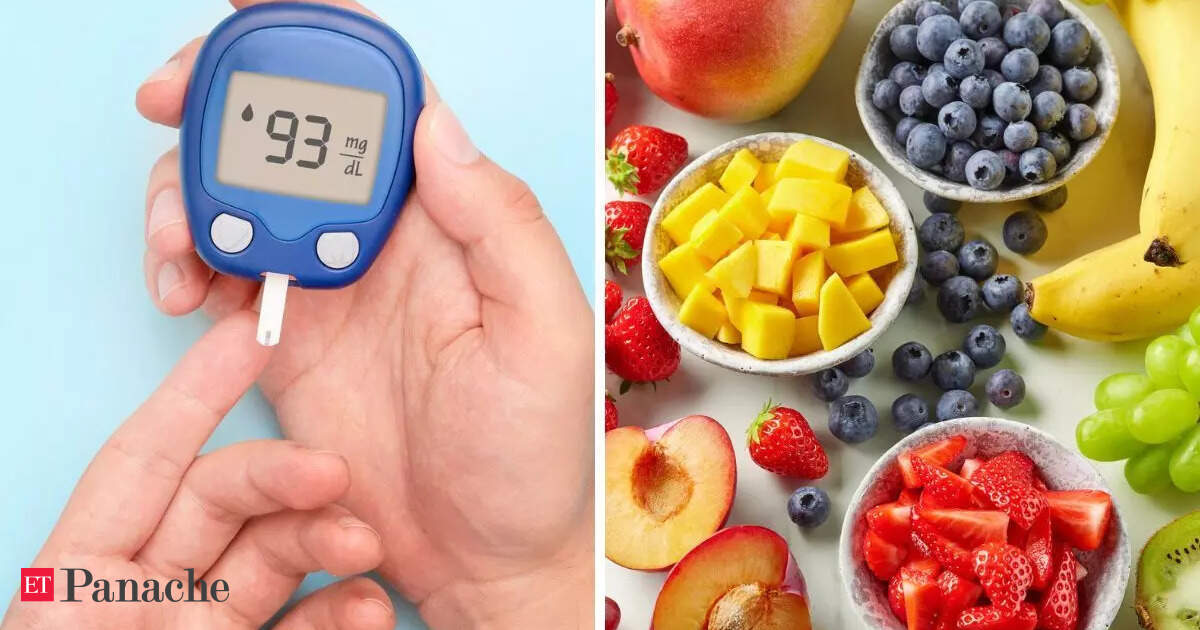Fruits diabetics can eat without fear
Guavas top the list for being low in sugar yet high in fibre and vitamin C, making them great for digestion and blood sugar control. Berries, with their low glycemic index, are loaded with antioxidants and support heart health. Pears help keep sugar levels steady while keeping you full longer. Apples, thanks to their fibre and vitamin C, aid gut health and slow down sugar absorption.
Peaches offer a unique blend of sweetness and nutrition, boasting low sugar, high vitamin C, and fibre content, while also boosting immunity. Kiwi, rich in vitamins A and C, has moderate sugar and supports skin and metabolism. And pomegranates stand out with their antioxidants, helping reduce inflammation and supporting the heart.
Dr Pal reminded his followers that it’s not fruits but portion distortion and processed sugar that cause trouble. He advises choosing whole fruits, pairing them with protein and fibre, and eating mindfully for better gut health and blood sugar balance. He even shared the story of someone who once avoided fruits entirely, thinking they were “sugar bombs.” With the right guidance, they reintroduced them into meals, noticed better digestion, improved energy, and actually began enjoying food again.
Sharing his post, Dr Pal captioned, “You don’t need to ditch fruits. You need to ditch the confusion.”
What fruits to avoid?
Earlier, Dr Sudhir Kumar had explained that whole fruits, eaten in moderation, can be safe and even beneficial for people with type 2 diabetes—especially when blood sugars are controlled and weight is healthy. Bananas, mangoes, grapes, and chikoo raise sugar faster, so they’re best kept occasionally and in small portions. He also advised spreading fruit intake throughout the day, pairing it with nuts or yoghurt, and avoiding juices altogether since they cause rapid sugar spikes.
